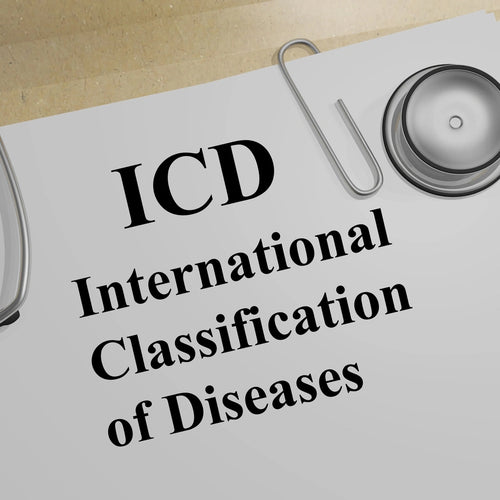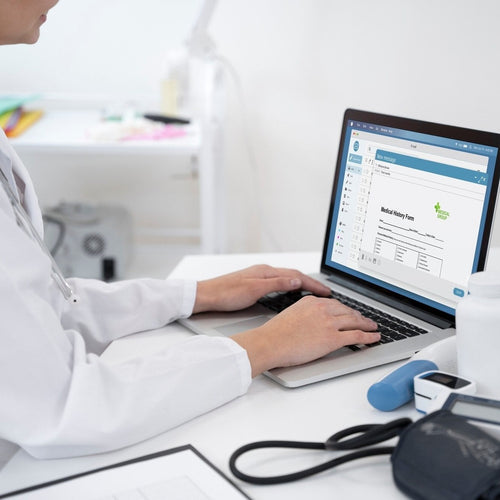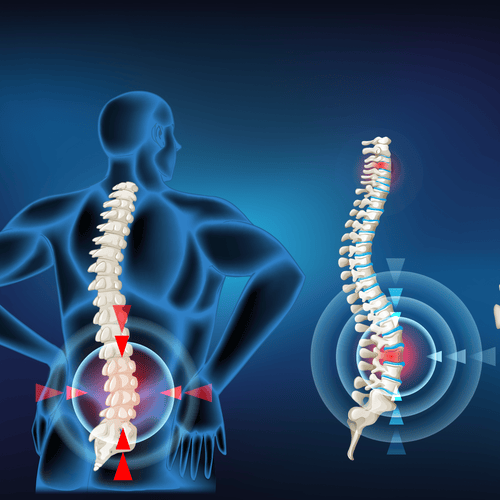Digestive disorders encompass a range of conditions affecting the gastrointestinal tract, from common issues like bloating and indigestion to more complex disorders such as irritable bowel syndrome (IBS) and inflammatory bowel disease (IBD). Traditional treatments often involve medications and dietary changes, but many individuals seek complementary therapies like acupuncture to support digestive health. This article explores how acupuncture can be a beneficial approach to managing digestive disorders.
Understanding Digestive Disorders
Digestive disorders can vary widely in symptoms and severity. Common issues include:
- Indigestion: Discomfort or pain in the upper abdomen, often accompanied by bloating or nausea.
- Irritable Bowel Syndrome (IBS): A functional gastrointestinal disorder characterized by abdominal pain, bloating, and changes in bowel habits.
- Inflammatory Bowel Disease (IBD): Chronic inflammatory conditions such as Crohn's disease and ulcerative colitis, leading to symptoms like diarrhea, abdominal pain, and weight loss.
- Gastroesophageal Reflux Disease (GERD): A condition where stomach acid frequently leaks into the esophagus, causing heartburn and irritation.
How Acupuncture Addresses Digestive Disorders
1. Regulation of Qi and Blood Flow
In Traditional Chinese Medicine (TCM), digestive disorders are often attributed to imbalances in the flow of Qi (vital energy) and Blood within the body. Acupuncture aims to restore the smooth flow of Qi and Blood, alleviate stagnation, and support digestive function. By addressing these imbalances, acupuncture can help alleviate symptoms such as bloating, abdominal pain, and irregular bowel movements.
2. Enhancement of Digestive Function
Acupuncture can stimulate specific points that enhance the function of the digestive organs, including the stomach, spleen, and intestines. This stimulation can improve digestive motility, increase enzyme production, and support overall gastrointestinal health.
3. Stress Reduction
Stress is a common trigger for digestive issues and can exacerbate symptoms of conditions like IBS and GERD. Acupuncture promotes relaxation and reduces stress by activating the parasympathetic nervous system. This can help alleviate stress-induced digestive symptoms and improve overall digestive health.
4. Balancing the Digestive System
Acupuncture can help balance the digestive system by addressing specific patterns of disharmony identified in TCM. These patterns may include:
- Spleen Qi Deficiency: Characterized by symptoms such as fatigue, poor appetite, and loose stools.
- Liver Qi Stagnation: Often associated with stress-related digestive symptoms such as bloating and abdominal pain.
- Stomach Yin Deficiency: Results in symptoms like dry mouth, constipation, and a feeling of fullness in the stomach.
Common Acupoints for Digestive Disorders
1. ST36 (Zusanli)
Located on the lower leg, about four finger widths below the knee cap, ST36 is a powerful point for enhancing overall digestive function and boosting energy levels. It helps strengthen the digestive system and alleviate symptoms such as bloating and indigestion.
2. CV12 (Zhongwan)
Situated on the midline of the abdomen, approximately halfway between the navel and the xiphoid process, CV12 is a key point for regulating the stomach and spleen. It is used to address symptoms like abdominal pain, nausea, and poor appetite.
3. SP6 (Sanyinjiao)
Found on the inner side of the lower leg, about four finger widths above the ankle bone, SP6 is known for its ability to strengthen the spleen and improve digestive function. It helps with symptoms such as bloating, diarrhea, and abdominal cramps.
4. LI4 (Hegu)
Located on the back of the hand, between the thumb and index finger, LI4 is used to relieve pain and regulate digestive function. It is helpful for alleviating symptoms such as abdominal pain and constipation.
5. PC6 (Neiguan)
Located on the inner forearm, about three finger widths above the wrist crease, PC6 is used to address nausea and regulate stomach function. It helps alleviate symptoms of indigestion and motion sickness.
Evidence Supporting Acupuncture for Digestive Disorders
Several studies support the use of acupuncture for digestive disorders:
- A meta-analysis published in American Journal of Gastroenterology found that acupuncture was effective in reducing symptoms of IBS, including abdominal pain and bloating1.
- Another study published in BMJ Open reported that acupuncture improved symptoms of GERD and reduced the frequency of acid reflux episodes2.
Acupuncture offers a holistic approach to managing digestive disorders by addressing the underlying imbalances in Qi and Blood flow, enhancing digestive function, reducing stress, and targeting specific acupoints. For individuals struggling with digestive issues, incorporating acupuncture into their treatment regimen may provide additional relief and support.
Consulting with a qualified acupuncturist can help tailor a treatment plan to address specific digestive concerns and improve overall gastrointestinal health. Together with conventional treatments, acupuncture can be a valuable tool in achieving better digestive balance and well-being.
Footnotes
- Manheimer E, Wieland LS, Cheng K, Li SM, Shen X, Berman BM, Lao L. Acupuncture for irritable bowel syndrome: systematic review and meta-analysis. Am J Gastroenterol. 2012 Jun;107(6):835-47; quiz 848. doi: 10.1038/ajg.2012.66. Epub 2012 Apr 10. PMID: 22488079; PMCID: PMC3671917.
- Li D, Zhu L, Liu D. Acupuncture for refractory gastro-oesophageal reflux disease: a systematic review and meta-analysis protocol. BMJ Open. 2019 Aug 26;9(8):e030713. doi: 10.1136/bmjopen-2019-030713. PMID: 31455714; PMCID: PMC6721822.



















